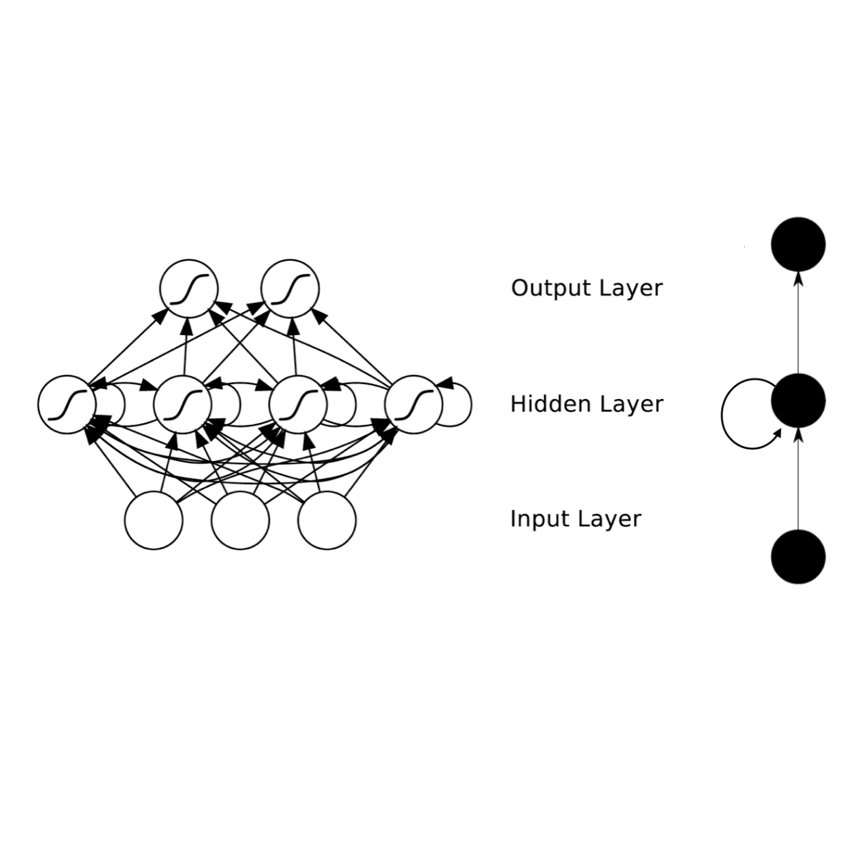State-of-the-art image denoisers exploit various types of deep neural networks via deterministic training. Alternatively, very recent works utilize deep reinforcement learning for restoring images with diverse or unknown corruptions. Though deep reinforcement learning can generate effective policy networks for operator selection or architecture search in image restoration, how it is connected to the classic deterministic training in solving inverse problems remains unclear. In this work, we propose a novel image denoising scheme via Residual Recovery using Reinforcement Learning, dubbed R3L. We show that R3L is equivalent to a deep recurrent neural network that is trained using a stochastic reward, in contrast to many popular denoisers using supervised learning with deterministic losses. To benchmark the effectiveness of reinforcement learning in R3L, we train a recurrent neural network with the same architecture for residual recovery using the deterministic loss, thus to analyze how the two different training strategies affect the denoising performance. With such a unified benchmarking system, we demonstrate that the proposed R3L has better generalizability and robustness in image denoising when the estimated noise level varies, comparing to its counterparts using deterministic training, as well as various state-of-the-art image denoising algorithms.
翻译:在这项工作中,我们提出了一个新颖的图像分解计划,通过利用强化学习的残余恢复(debbed R3L),我们提出一个新的图像分解计划。我们提出R3L相当于一个深层次的经常性神经网络,这个网络在估计噪音水平变化时,在图像解析方面更加普及和稳健。我们用确定性研究来分析两种不同的培训战略如何影响消化性能。我们通过这样一个统一的基准系统,证明拟议的R3L在估计的噪音水平变化时,在图像解析方面更加普及和稳健。





